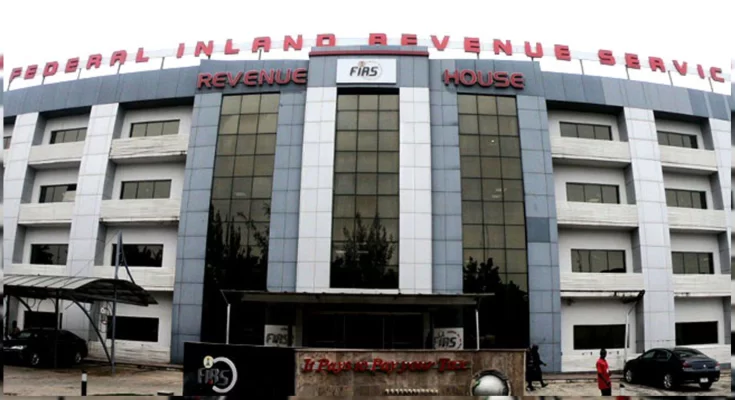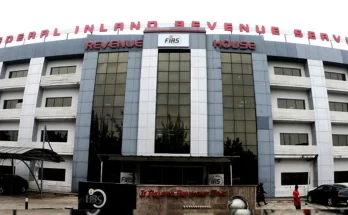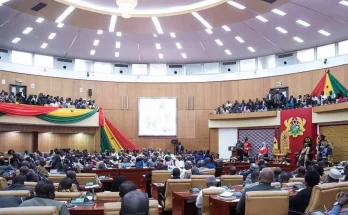Tax System in Nigeria Gets Overhaul as FIRS Launches Uniform SOP. In a major step towards enhancing tax administration in Nigeria, the Federal Inland Revenue Service (FIRS) has officially launched a standardized operating framework intended to eliminate inconsistencies across its over 300 tax offices nationwide.
The newly introduced Standard Operating Procedure (SOP) aims to unify core tax operations such as taxpayer registration, tax payment, audit, and enforcement. By doing so, the FIRS seeks to build a more transparent, efficient, and predictable system—essential for improving voluntary compliance and national revenue generation.
According to Mr. Collins Omokaro, Special Adviser on Communications and Advocacy to the FIRS Executive Chairman, the SOP is a strategic measure to fix the long-standing issue of disjointed practices at FIRS branches across the country.
“In the past, different offices handled similar tax issues in different ways, which often confused taxpayers and eroded trust. This SOP changes that,” he stated in a press release.
The SOP rollout is part of a broader reform initiative under the leadership of Dr. Zacch Adedeji, Executive Chairman of FIRS. Adedeji emphasized that the SOP is not merely a technical guideline but a reflection of the agency’s evolving philosophy of service.
“This SOP represents more than administrative uniformity—it signals our renewed commitment to public trust, service excellence, and a citizen-centric tax culture,” Dr. Adedeji said.
Tax experts say the introduction of a single, harmonized procedure could improve taxpayer confidence, reduce the chances of abuse or arbitrary treatment, and minimize the risks associated with tax non-compliance.
Nigeria Introduces Tax Relief Framework to Boost Oil Sector Efficiency
A Focus on Technology and Human Capital
Beyond standardization, the new SOP is aligned with the FIRS’s digital transformation agenda. It is expected to integrate human processes with advanced technologies to deliver faster and more reliable services to taxpayers.
In addition to enhancing service delivery, the SOP provides a clear framework for internal staff training and operational consistency. This means tax officers nationwide will now operate under the same guidelines, reducing administrative confusion and improving overall institutional integrity.
“Every FIRS staff member now has a unified manual. Our message is clear: learn it, apply it, live it,” Mr. Omokaro added.
Tax Analysts React
Stakeholders in Nigeria’s tax ecosystem have praised the move, describing it as a timely intervention that could help restore public confidence in the tax system.
Analysts believe that by creating a uniform experience for taxpayers, the FIRS is laying the groundwork for more efficient revenue mobilization and long-term fiscal stability.
Conclusion
With Nigeria intensifying efforts to expand its non-oil revenue base, the SOP rollout may prove to be a game-changer in addressing systemic bottlenecks in tax administration.
By emphasizing consistency, transparency, and technological integration, the FIRS appears poised to redefine taxpayer engagement across the country.




